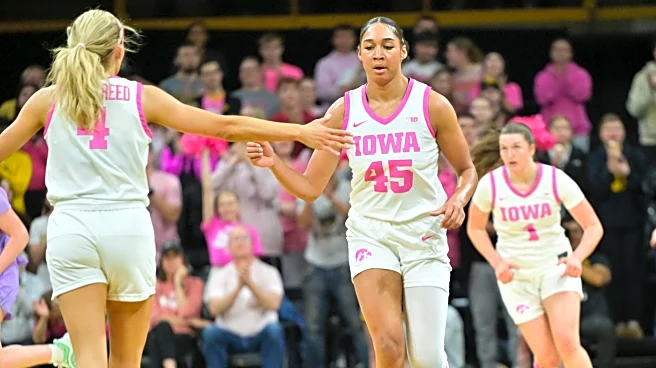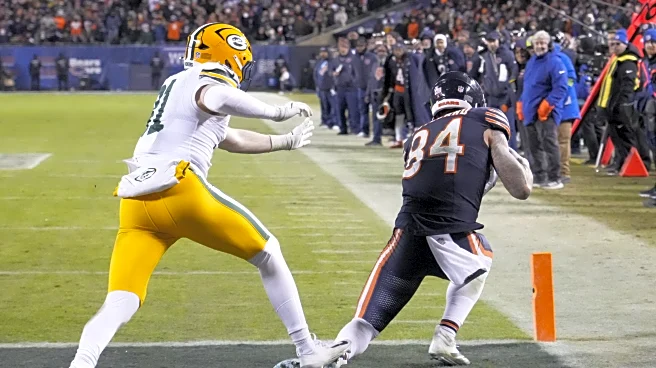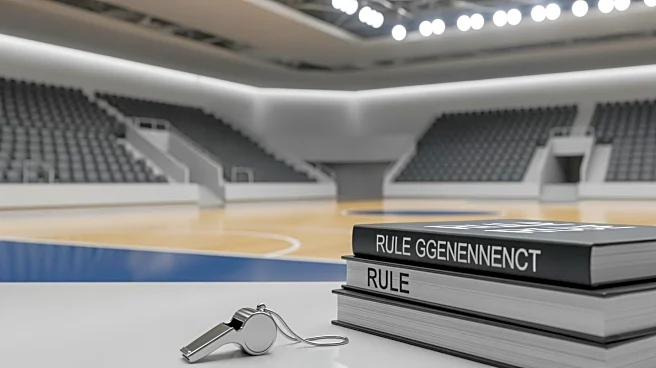Rapid Read • 8 min read
The Israel national basketball team visited Auschwitz and Birkenau concentration camps in Poland as part of their preparations for the EuroBasket tournament. This visit was aimed at reflecting on historical events and fostering unity among team members. The players, including Guy Palatin and Deni Avdija, took time to understand the significance of the Holocaust and its impact on Jewish history. This visit comes ahead of their opening match against Iceland, scheduled for Thursday. The team is balancing the solemnity of the visit with their readiness for the upcoming competition.
AD
The visit to Auschwitz by the Israel national basketball team underscores the importance of historical remembrance and education, particularly in the context of sports. It highlights how athletes can engage with significant historical events to promote awareness and unity. This gesture is significant for the Jewish community and serves as a reminder of the atrocities of the Holocaust. It also reflects the broader role of sports in fostering cultural understanding and solidarity. The team's visit may inspire other sports teams to incorporate historical education into their training and preparation routines.
Following their visit to Auschwitz, the Israel national basketball team will focus on their EuroBasket opener against Iceland. The team is expected to channel the emotional impact of their visit into their performance on the court. The EuroBasket tournament will provide an opportunity for the team to showcase their skills and compete at a high level. The team's experience in Poland may also influence their approach to teamwork and strategy during the competition.
The visit to Auschwitz by the Israel national basketball team highlights the intersection of sports and historical education. It raises questions about the role of athletes in promoting cultural awareness and the potential for sports to serve as a platform for social change. This event may encourage discussions on how sports organizations can integrate historical and cultural education into their programs, fostering a deeper understanding among athletes and fans alike.
AD
More Stories You Might Enjoy











